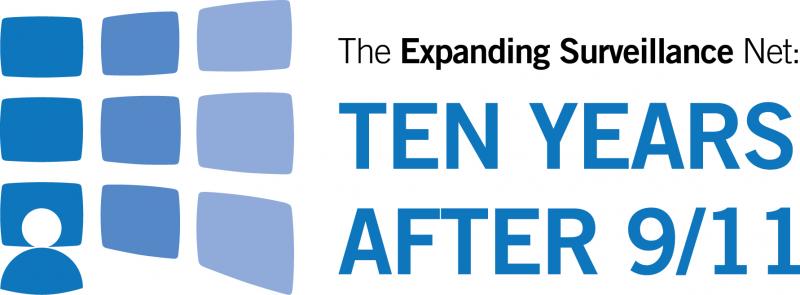
This workshop explores the social, political, legal and ethical implications of increased government and private sector surveillance in the wake of 9/11. Surveillance practices are increasingly viewed as the dominant organizing principle to understand national security practices in the post-9/11 environment. To protect against terrorism and other crimes, governments around the world have enthusiastically embraced surveillance measures—CCTV cameras in public spaces, national identification cards, increased border scrutiny, accessing personal information collected by the private sector, and so on. The rise in state-sponsored surveillance has been accompanied by other technological and social developments, including the self-revelation of personal lives on social networks such as Facebook, to which police and security agencies have access under certain conditions. In the context of the growing emphasis placed on national security, the expansion of surveillance and government control over digital personal information may have led to a corresponding diminution of important civil liberties, including the right to maintain private lives online, the right to move freely within countries and across borders, and the right to be free from racial, ethnic or religious discrimination (profiling). This workshop will assess the effects of post-9/11 surveillance, using socio-legal, political and other criteria.
Workshop papers will focus on ways that post-9/11 surveillance practices (which may of course be embedded in earlier developments) are challenging civil liberties, privacy and human rights as well as offering ways to enhance democratic practices. Some illustrative examples of papers include:
The conference organizers are Arthur Cockfield, Queen’s Faculty of Law; Kevin Haggerty, University of Alberta Dept. of Sociology; David Lyon, Director, Surveillance Studies Centre; and Valerie Steeves, University of Ottawa Dept. of Criminology.
Some funds are available through the New Transparency project for those who otherwise cannot obtain support for travel and accommodation through their universities or other employers. Full research papers (4,000 to 6,000 words) due on July 1, 2011. Selected papers from the workshop will ultimately be published in an edited collection (publisher to be determined).
In addition to the academic conference in Kingston, there will be a related public event in Ottawa, Ontario, Canada on Wednesday, September 7, 2011. A panel of prominent speakers, including Maher Arar, the dual Canadian/Syrian citizen who was the subject of the Canadian government’s Arar Inquiry, and Alex Neve, the Secretary General of Amnesty International Canada, will present their thoughts on national security and surveillance policies ten years after 9/11. Conference participants may wish to attend this public event as well.
New Transparency team meetings and a boat cruise are planned for Saturday, 10 September.
This workshop is sponsored by the Social Sciences and Humanities Research Council of Canada, and the Office of the Privacy Commissioner of Canada.